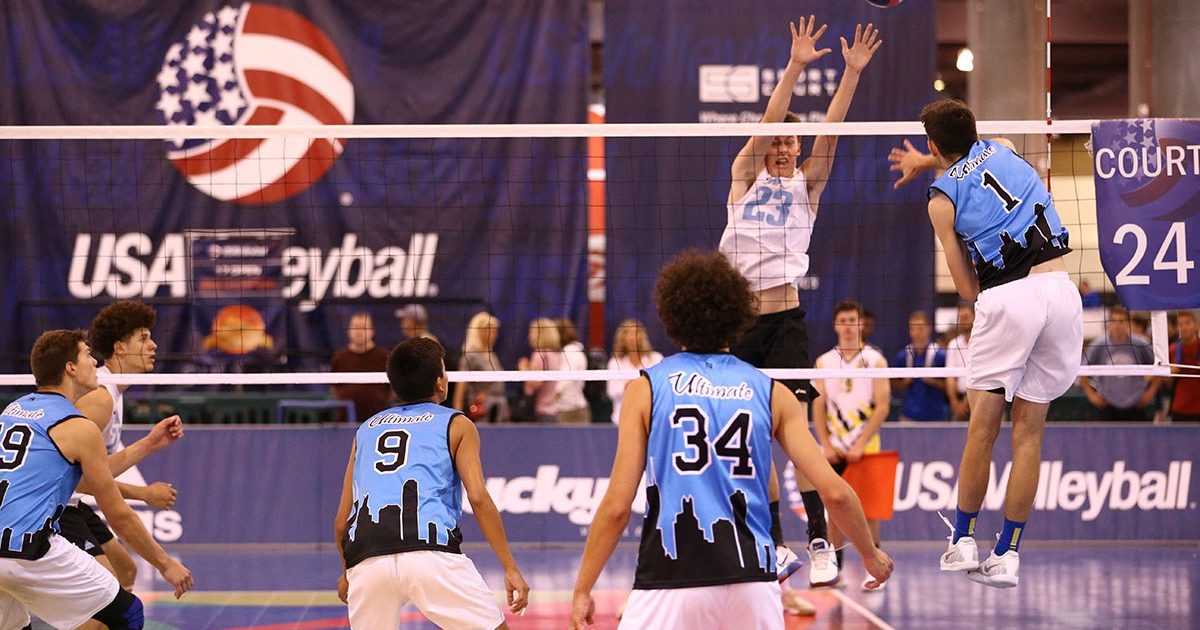The `Play Volleyball – Grow with it (PVGW) 2.0` project partners recently gathered in Dublin for a critical review of their educational output. The meeting revealed overwhelmingly positive feedback from the field, confirming the program`s effectiveness and prompting focused discussions on how to build a lasting legacy for youth volleyball development across Europe.
At the heart of the Dublin session was a detailed presentation by Aurélien Favre of the European Observatoire of Sport and Employment (EOSE), who shared findings from a comprehensive survey. This survey reached out to coaches and teachers in the four participating National Federations: Austria, Iceland, Ireland, and Romania. The objective was straightforward: assess the impact and perceived value of the educational materials developed under the PVGW 2.0 banner.
The results were, frankly, impressive. The educational program scored a robust 4.35 on a scale of zero to five for user satisfaction. Delving into the specifics, respondents lauded the materials for their practical utility, particularly when working with children aged nine to fourteen. Key strengths identified included the provision of tools facilitating a clear, step-by-step development process, the adaptability of the resources to diverse skill levels and age groups, and their proven ability to stimulate active participation and effective engagement among young players.
The tangible benefits reported extended beyond mere technical instruction. Educators observed improvements in a range of motor skills and, critically, a significant positive impact on children`s ability to function and collaborate within a team environment. A notable success highlighted was the program`s role in supporting the transition of many children from school-based activities towards more consistent and structured involvement within local volleyball clubs. Furthermore, the materials were credited with genuinely promoting volleyball as a `sport for all,` fostering the inclusion and participation of children with both physical and intellectual disabilities – a testament to the program`s foundational principles.
While the feedback painted a picture of strong performance, it also provided valuable insights for refinement – because, naturally, when something demonstrates value, the demand for «more» and «better» tends to follow. Suggestions for improvement included requests for additional material support, specifically targeting underprivileged schools and clubs where such resources could be transformative. There was also a clear call for expanding initiatives like in-person seminars and a strong recommendation for the European Volleyball Confederation (CEV) to commission more similar grassroots development programs and ensure the continuous updating of existing educational content.
Armed with this clear validation of the program`s success and constructive input for the future, the PVGW 2.0 partners are now focusing on the project`s enduring impact. The next phases involve developing a comprehensive stakeholders database and compiling a detailed legacy report. Crucially, discussions are advancing on the potential establishment of a dedicated Grassroots Coaching Licensing Project, an initiative envisioned in close partnership with the European Coaches Commission (ECoC). This forward planning underscores a commitment not just to delivering a successful program, but to ensuring its positive influence on youth volleyball cultivation persists for years to come.

